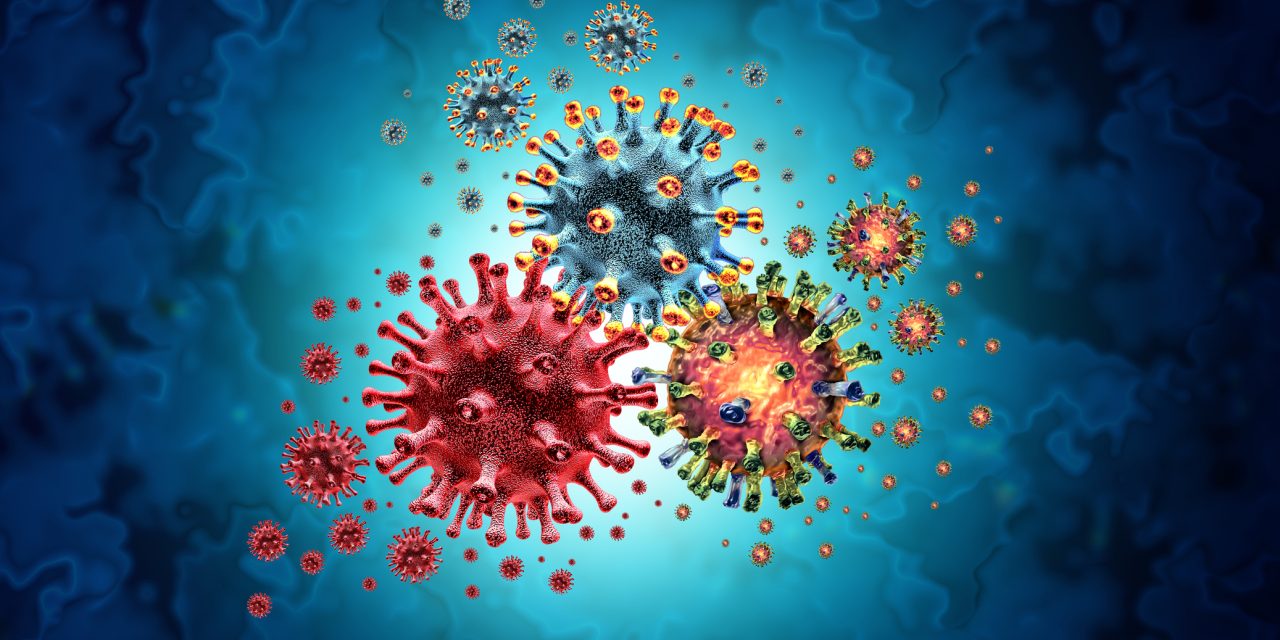In limited resources countries, HBsAg-rapid diagnostic test (RDT) represents a good alternative for the diagnosis of hepatitis B virus (HBV) infection. Due to many factors that can influence their analytical performances, an evaluation with local biological samples before using on a large scale is recommended.
The aims of the study were: (i) to evaluate the analytical performance of eight commercial RDTs used in Burkina Faso for the detection of HBsAg using serum from blood donors, and (ii) to propose an algorithm using these RDTs based on their analytical performance.
109 HBsAg-positive and 216 HBsAg-negative samples were included in this evaluation. A modified version of the World Health Organization (WHO) algorithm for the detection of HBsAg was used as the gold standard. A pairwise combination of RDTs performance was done to choose the best diagnostic algorithm.
All RDTs presented an excellent specificity (Sp) (≥99.0 %) except Accucare HBsAg® test. Sensitivity (Se) ranged from 90.8 % (95 % CI: 87.9-93.7) for Rapid Signal™ HBsAg to 92.8 % (95 % CI: 90.3-95.5) for SD BioLine® HBsAg and Artron® HBsAg. The pairwise combinations of the Se and Sp of RDTs showed no improvement in diagnostic performance.
The RDTs evaluated in this study have good sensitivities and excellent specificities indicating their use in clinical practice and for HBV mass screening in Burkina Faso. However, their use should be monitored in the context of blood transfusion. Furthermore, according to our algorithm, each positive sample should be confirmed by another RDT of good Se.
Copyright © 2020 Elsevier B.V. All rights reserved.
Analytical performance of eight rapid point-of-care tests routinely used for the detection of HBsAg in Burkina Faso: A cross-sectional study.


